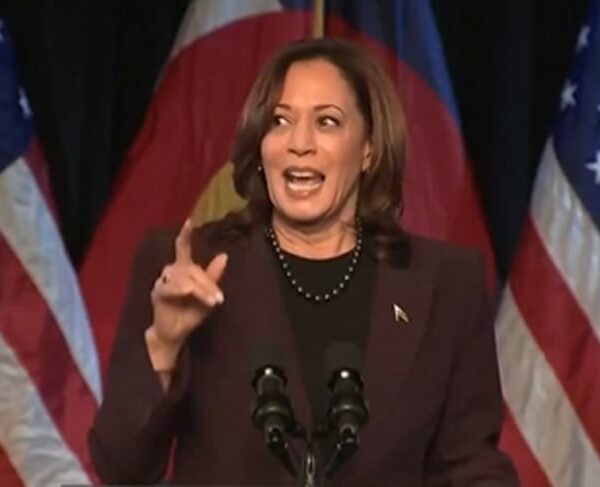

As the S&P 500 and other stock indexes crashed over the weekend, Wells Fargo published a report about where investors might be able to find some relief. Titled, “No Dessert for Bank Investors,” the report is authored by the bank’s head of equity research team, Mike Mayo, and lists three “places to hide” from the stock market collapse.
For context, the S&P 500 tracking the largest companies in the U.S. was on a slow decline since July 16, then fell off a cliff Friday, dropping 3.6% to a low of $5,151, triggering the Sahm Rule used to predict a high chance of recession. Though the S&P and other stocks have shows signs of recovering today concerns about a possible recession continue. Goldman Sachs today raised recession odds to 25% from 10%.
“Given greater recession risk, we have a more favorable bias toward quality regionals including PNC and USB,” Mayo and his team wrote, “which have shown above-average credit quality and significant revenue from fees.”
Regional banks are typically those with between $10 billion and $100 billion in assets. Though both Pittsburgh-based PNC Financial Services and Minneapolis-based U.S. Bancorp fell alongside the S&P in recent days, the Wells analysts list both the stocks as overweight, meaning they are expected to beat the market average over the next year. The KBW Nasdaq Regional Banking Index tracking regional banks fell 3.7% compared to the S&P’s 6.5% collapse.
The Wells Fargo report further notes that trust banks, which typically invest over longer time horizons and have less credit exposure ,historically “outperform in a recession as well.” Wells Fargo may be a bit biased here, since it’s a trust bank too, but the researchers list also listed Boston-based State Street as overweight. The OCC lists 58 trust banks active as of this June.
Lastly, the Wells Fargo researchers also recommended Puerto Rico-based Popular Inc., trading under BPOP “for idiosyncratic upside.” Popular Inc. includes Popular U.S. and Banco Popular de Puerto Rico, offering commercial, consumer and retail banking. Of all the Wells “places to hide,” BPOP was the least successful over the past days, falling 5.76% during the same time the S&P fell 3.6%.
But BPOP is still listed as overweight. Two weeks ago, researchers at investment bank UBS reported on BPOP when it posted a 17% earnings per share beat on credit/taxes in its quarterly report. UBS called BPOP a possible “upside surprise” depending on how share buybacks play out.
The weak S&P performance is being blamed on a weak jobs report, a sell-off by short-term traders and frustrations over what many investor believe is an unnecessarily delayed Fed rate cut. The Fed raised its benchmark rate 11 times over the past two years, reaching a 23-year high.













